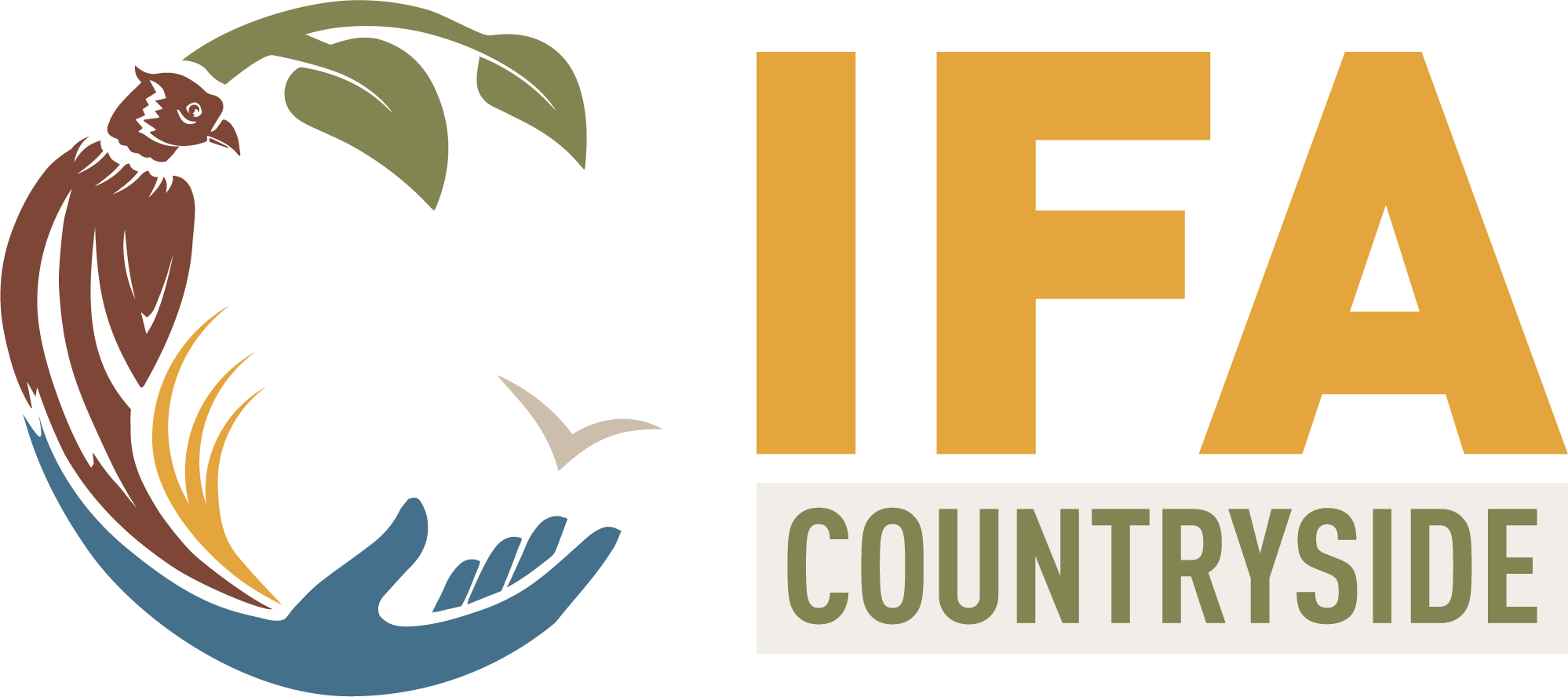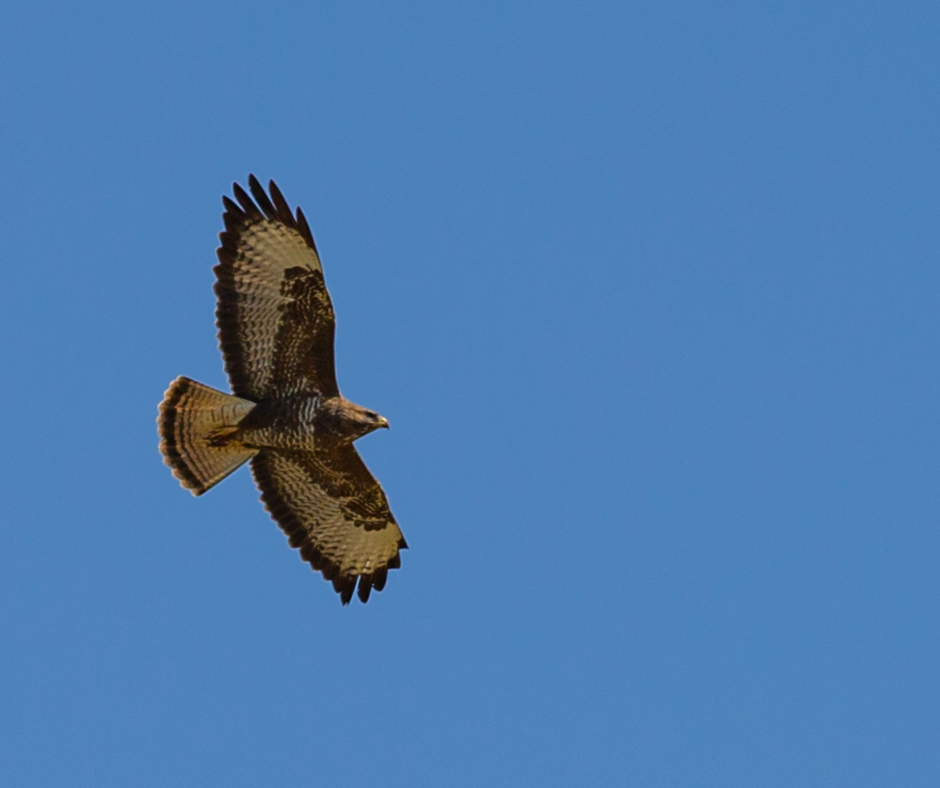Launch of Joint Protocol Between National Parks & Wildlife Service & An Garda Síochána on Wildlife Crime
Closer working relationships on the very serious issue of wildlife crime have been established between An Garda Siochána and the National Parks and Wildlife Service of the Department of Housing, Local Government and Heritage.
On Wednesday June 23, the Minister for Housing, Local Government & Heritage, Darragh O’Brien TD, Minister of State for Heritage & Electoral Reform, Malcolm Noonan TD and the Commissioner of An Garda Síochána, Drew Harris, launched and signed a Protocol between the National Parks & Wildlife Service (NPWS) and An Garda Síochána (AGS) on tackling wildlife crime. This Protocol was developed to establish closer working relationships between both organisations.
This Protocol came about following the National Biodiversity Conference in Dublin in 2019 as one of the “Seeds for Nature”. Informal relationships already existed between authorised officers under the European Communities (Birds and Natural Habitats) Regulations 2011 of both NPWS & AGS and this protocol will build on that to provide for enhanced and nationwide working relationships especially in the areas of communications, intelligence sharing and joint operations.
On the launch of the Protocol Minister O’Brien said: “We committed in our programme for government to reviewing the protection of our natural heritage. The Protocol announced here today is an important step towards strengthening that protection. I wholeheartedly welcome it and commend those behind this initiative.”
Heritage Minister Noonan welcomed the signing of this Protocol. “To effectively deal with wildlife crime in this country, robust and strategic cooperation between the NPWS and An Garda Síochána is critically important. This Protocol marks a significant step towards that by progressing the communication channels, information sharing and joint operations that are so urgently needed. There have been a number of devastating wildlife crimes in recent years, including the shooting dead and poisoning of birds of prey, poaching, wild fires and the persecution of badgers, and they need to be tackled head on. This Protocol will go a long way towards achieving that, in tandem with the new Wildlife Crime Unit that is currently being established within the NPWS. I’m delighted to see this important work coming to fruition and would like to thank An Garda Síochána for their engagement and collaboration with NPWS on this issue.”
Garda Commissioner Drew Harris said: “The establishment of the Joint Protocol is another significant step in our ongoing efforts to work closely with all of our stakeholders. I am very aware of the impact that wildlife crime can have on our communities, particularly in rural areas, and the Protocol now provides for each Garda Division to appoint a dedicated Liaison Inspector to work alongside their respective District Conservation Officers in the National Parks and Wildlife Service. I am confident that the signing of the Joint Protocol will facilitate a strategic working relationship, establish clearer lines of communication, intelligence sharing and participation in joint planned operations between An Garda Síochána and the National Parks and Wildlife Service. This will help in our ongoing efforts to prevent and detect wildlife crime and thus protect our precious natural diversity.”
ENDS
Note to Editors
“Wildlife Crimes” are offences against laws which protect wild plants, animals and habitats. Amongst the most important of these laws are the Wildlife Acts 1976 to 2018 and the European Communities (Birds and Natural Habitats) Regulations 2011. Both the Director of Public Prosecutions and the Minister with responsibility for nature conservation may bring prosecutions for such offences. The latter is the Minister for Housing, Local Government and Heritage. The National Parks and Wildlife Service (NPWS) is part of the Heritage Division of that Department. Members of An Garda Síochána (AGS) and authorised officers of the NPWS are empowered to investigate suspected wildlife offences and bring proposals for prosecution. For this reason, AGS and NPWS have often engaged with one another when investigating wildlife offences. In the main, such engagement has been informal and conducted at local level. This new Protocol formalises this relationship and provides for structured co-operation at national, regional and local levels, throughout the State. Not only will this serve to “de-conflict” situations where simultaneous investigations by both organisations might be ongoing (thereby ensuring that “the left hand knows what the right hand is doing”) but it is expected to bring significant synergy to wildlife law enforcement in Ireland.

